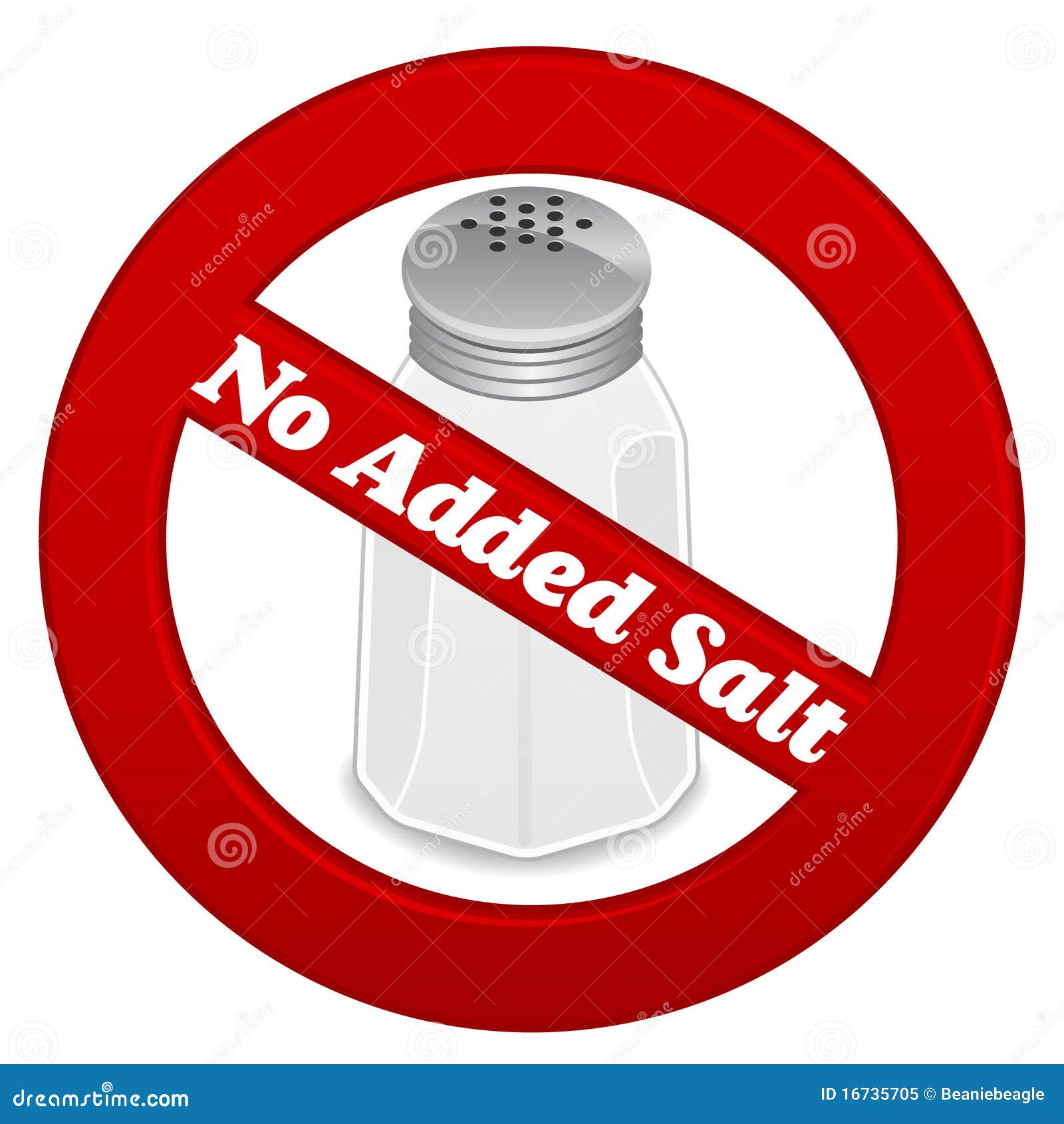IN SUPPORT OF SALT REDUCTION IN FOOD.

We have always advocated that a reduction in salt intake is good for health. Many studies have shown that a low salt intake, is associated with a reduction in strokes, stroke mortality and also heart attacks and heart attack mortality. In the days of old, when hunters have to travel over long distances through rugged terrains, they have to carry preserve meat and in order to keep them healthy, the preserved food were salted. That is not so nowadays where we could get fresh food at will and preserved meat is independently bad anyway.
Well to emphasise this "no added salt" dogma, Dr Feng He and colleagues of the University of London, has published an article in the April 14th issue of the British Medical Journal, on reduction of salt intake and their effects.
They review data from the Health Survey of England from 2003 - 2011. They noted that over this period of 18 years, salt intake has reduced by about 1.4 gms/day using urinary sodium as a measurement ( in those who had their urine analysed ). Smoking has reduced by 5%, Cholesterol levels has reduced by 0.4 Mmols / L and the consumption of greens and veges had increased by 0.2 servings per day. This was related with a reduction of overall BP by 3.0 mmHg. In those not on anti-hypertensive therapy, the BP reduction was an average of 2.7 mmHg systolic and 1.1 mmHg diastolic. Having adjusted for all the other CV risk factors, they concluded that this reduction in BP resulted in a 42% reduction in stroke mortality and 40% reduction in AMI mortality. This is wonderful, NO?
No need for pills and we have a 40% reduction, just from not adding any salt in our food.
As we all know, there is salt intrinsic in all the foods that we consume. Some food more than others. Added salt is an acquired thing. It can be done without. The second point is that when we avoid salt for a week or two, we get use to it and food will taste OK again. Should you re-introduce salt then it gets almost nauseating. We can do without salt.

2 comments:
Yes, Dr Ng.
Agreed.
In fact, at home, we have reduced salt to such an extent that any visitor will find our home-cooked food tasteless!
And when we have our meals outside, we found that they are very salty.
I remember once that when I complained to the shop proprietor that his hot-plate mee was very salty, he told me that most of his customers will add salt even BEFORE eating it!!
On another note, Dr Ng, I have been puzzled by the cholesterol content in peanut butter.
I noted that the label may state that there is zero cholesterol but the fat content given is high.
I think that the manufacturer is only telling half-truths.
My take is that when the peanut butter is eaten and digested, then the fat content in the peanut butter IS CONVERTED TO CHOLESTEROL.
Am I correct?
Thank you.
Regards,
Thanks Winston.
Peanut butter has saturated fats mainly as polysaturated fatty acids. That is not directly cholesterol ( in that sense they are technically correct ). In the body, they will form VLDL and LDL, So in that sense you are correct.
It is all marketing.
Post a Comment